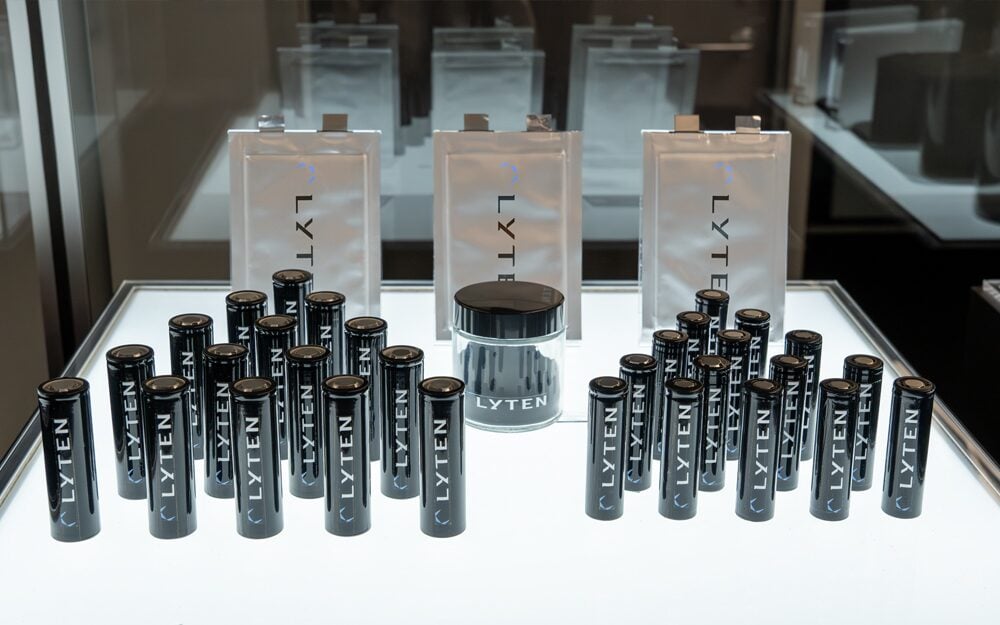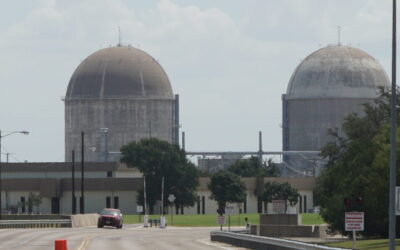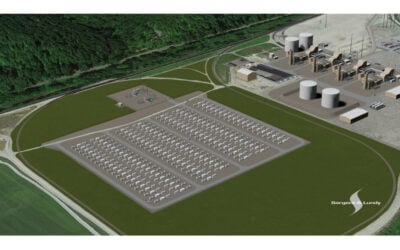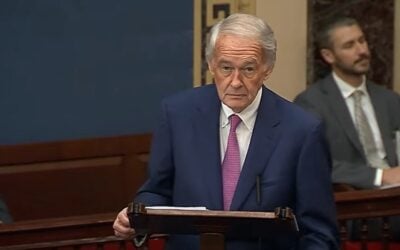
Lithium-sulfur battery and supermaterials firm Lyten is seeking a US$650 million loan from the US import-export bank EXIM to scale up manufacturing and meet BESS orders from the Caribbean region.
Lyten has received letters of interest (LI) from the Export-Import Bank of the United States (EXIM) in support of the financing package, it said this week (18 December).
Enjoy 12 months of exclusive analysis
- Regular insight and analysis of the industry’s biggest developments
- In-depth interviews with the industry’s leading figures
- Annual digital subscription to the PV Tech Power journal
- Discounts on Solar Media’s portfolio of events, in-person and virtual
The financing would support the scale-up of Lyten’s manufacturing capabilities, including a planned 10GWh gigafactory in Reno, Nevada, and a manufacturing plant in California recently acquired from European lithium-ion battery firm Northvolt.
An LI is not a commitment to finance a transaction or project, but an “indication of financing terms EXIM is prepared to consider based on a limited review of a transaction or project”, the bank says on its website.
A standard LI from EXIM is followed by an enhanced LI, which includes a loan officer who has the authority to underwrite the proposed transaction. A Preliminary Commitment (PC) is a preliminary offer of financing terms based on a credit evaluation and policy review while a Final Commitment (AP) is an authorisation of EXIM Bank financing. Lyten didn’t say whether its LI was standard or enhanced.
EXIM and Lyten are also working together to finalise the financing terms to support multiple Lyten memorandums of understanding (MOU) to supply battery energy storage systems (BESS) to customers in Trinidad and Tobago and other countries in the Caribbean Community and Common Market (CARICOM) region. CARICOM has 20 member and associate states, mainly island states in the Caribbean and a few in Central and South America.
Those orders would be served from the San Leandro, California acquired from Northvolt, which recently entered Chapter 11 bankruptcy protection.
Lithium-sulfur battery properties
Lyten said its BESS solution will use what it claimed are unique properties of lithium-sulfur battery technology, including a superior temperature range, low self-discharge rate and ultra lightweight characteristics. It has claimed its batteries weigh 60% less than lithium iron phosphate (LFP) batteries, the dominant chemistry in the BESS industry.
Lithium-ion does not perform well in hot conditions making it challenging to deploy in tropical regions, the firm claimed.
“Lithium-sulfur’s performance actually improves in hot conditions, making it a perfect solution for energy storage in the global south,” claimed Celina Mikolajczak, Lyten’s chief battery technology officer.
Lyten is targeting the transportation, aerospace, space, consumer electronics and BESS markets with its technology. However, its focus on cylindrical and pouch formats to-date implies BESS is less of a priority, with prismatic being the form factor of choice for that industry.
The default rate across the EXIM’s portfolio is 0.98% reflecting the high standards of credit required, Lyten said. Lyten’s investors include automotive OEM Stellantis, transport and e-commerce firm FedEx, industrial group Honeywell, construction firm Walbridge Group and investors Prime Movers Lab, Luxembourg Future Fund and the European Investment Fund.
EXIM financing has also been explored by other non-lithium-ion battery firms like ESS Inc, which said a US$50 million package it was negotiating with the bank would be ‘transformative’, in an interview with us in August (Premium access).
Lyten is also aiming to commercialise composites and sensors for use in environmental, automotive, industrial, health and supply chain applications.






